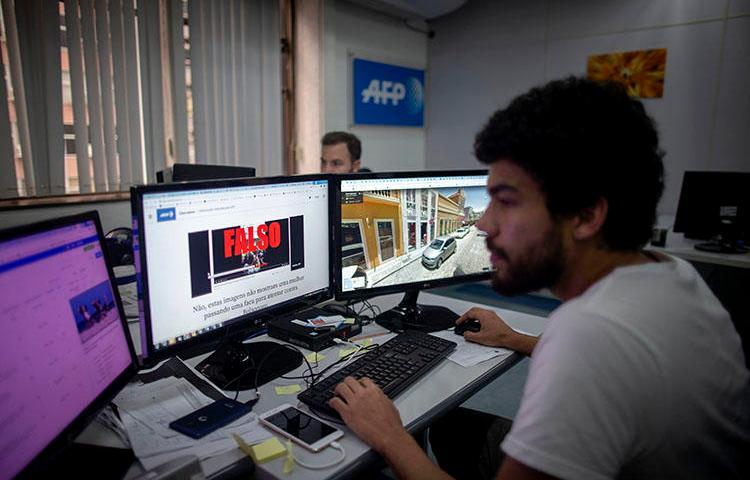
On third anniversary of his murder, Javier Valdez’s wife calls for justice in open letter
Today, on the third anniversary of the murder of her husband, Mexican reporter Javier Valdez Cárdenas, journalist Griselda Triana wrote an open letter calling for justice and describing the ordeal of her family in the wake of his killing. The letter was published in several Mexican news outlets and by the Committee to Protect Journalists.
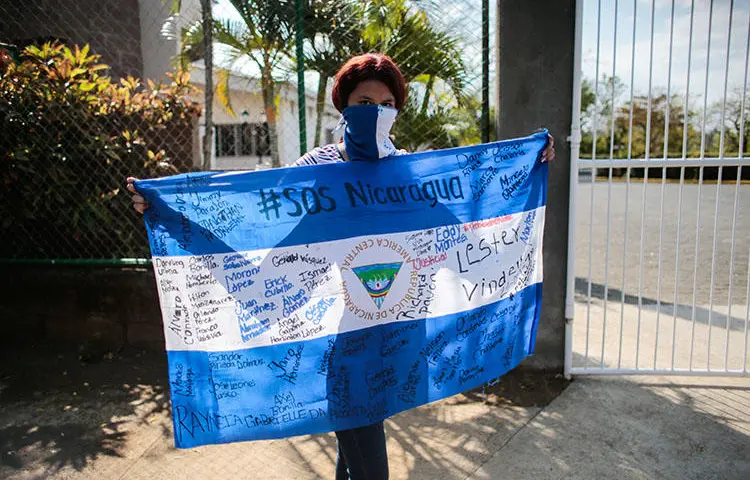
YouTube censors independent Nicaraguan news outlets after copyright complaints from Ortega-owned media
Miguel Mora, director of the independent Nicaraguan news outlet 100% Noticias, oversaw its move online after its television broadcast license was revoked by the government in April 2018. He and his colleagues transferred their archives onto two YouTube accounts and used them to continue documenting the government’s repressive response to escalating protests in the months…
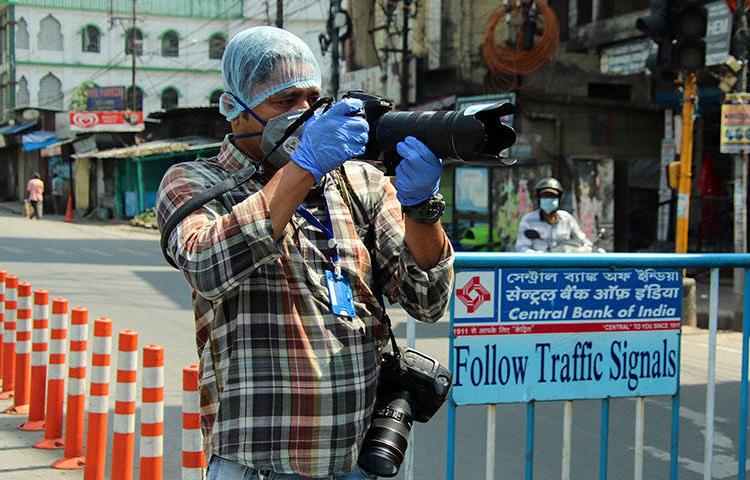
Freelance journalists risk lives and livelihoods amid COVID-19 pandemic
Johannesburg-based freelance journalist Yeshiel Panchia was on his way to cover a story about a local developer who had found a way to keep his wage laborers employed during South Africa’s coronavirus lockdown by letting them live on the construction site so that they didn’t have to leave “home” in contravention of strict rules.
CPJ raises press freedom concerns in meeting with U.S. Vice President Pence
Washington, D.C., November 18, 2019—The Committee to Protect Journalists met today at the White House with U.S. Vice President Mike Pence, along with the 2019 International Press Freedom Award recipients, to raise concerns about threats to press freedom around the globe.
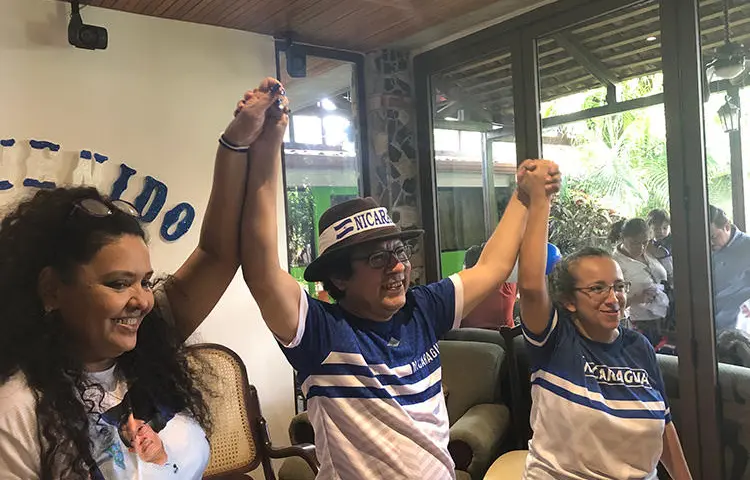
Locked in ‘small graves’: Nicaraguan journalists Mora and Pineda describe their ordeal
Miguel Mora and Lucía Pineda were arrested on December 21, 2018, in the Managua newsroom of 100% Noticias and spent 172 days in prison facing charges of “inciting violence and hate” and “promoting terrorism.” The two journalists spoke to CPJ after their June 11 release. They will receive CPJ’s 2019 International Press Freedom Award in…
CPJ announces 2019 International Press Freedom Award winners
New York, July 16, 2019–The Committee to Protect Journalists will honor journalists from Brazil, India, Nicaragua, and Tanzania with the 2019 International Press Freedom Awards amid the erosion of press freedom in democracies around the globe. The journalists have faced online harassment, legal and physical threats, and imprisonment in their pursuit of the news. CPJ…
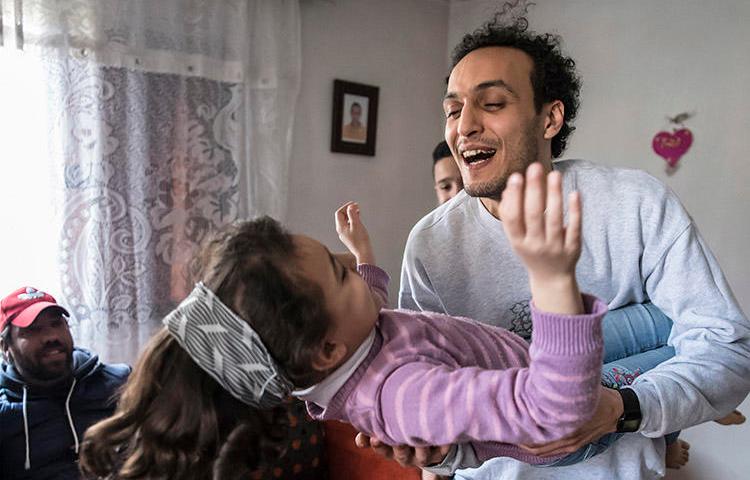
In Egypt, ‘freedom’ ends daily at 6pm for Shawkan and Abdelfattah
Relief over the release of Egyptian journalists Mahmoud Abou Zeid, known as Shawkan, and Alaa Abdelfattah from prison last month has been clouded by the conditions of their freedom. “I am happy to see your joy over my release, but I am unfortunately not free,” Abdelfattah wrote to his large following on social media yesterday.…
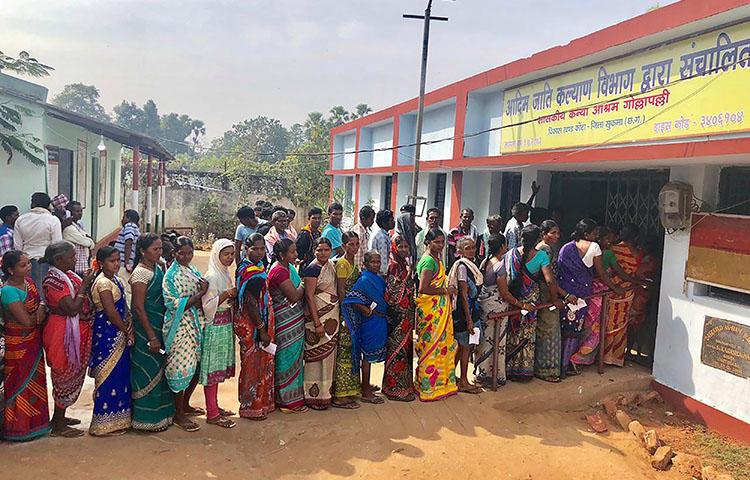
Chhattisgarh’s plan for journalist safety law could be template for all India
Every day for two years, freelance journalist Santosh Yadav must walk the 50 or so yards from his home to the Darbha village police station in Bastar, Chhattisgarh, to sign a register. Just one missed day could immediately land him back in prison as he awaits trial on anti-terror charges. A police commander said that…
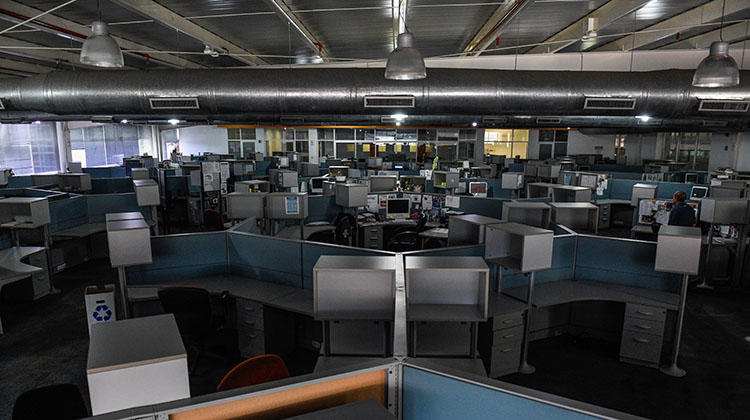
Lawsuits and economic crisis drive Venezuela’s journalists into exile
When Ewald Scharfenberg, the founding editor of the Venezuelan investigative news website Armando.Info, holds editorial meetings, he pulls out his mobile phone. That’s because most of his reporters are in Venezuela while Scharfenberg lives and works in neighboring Colombia.
